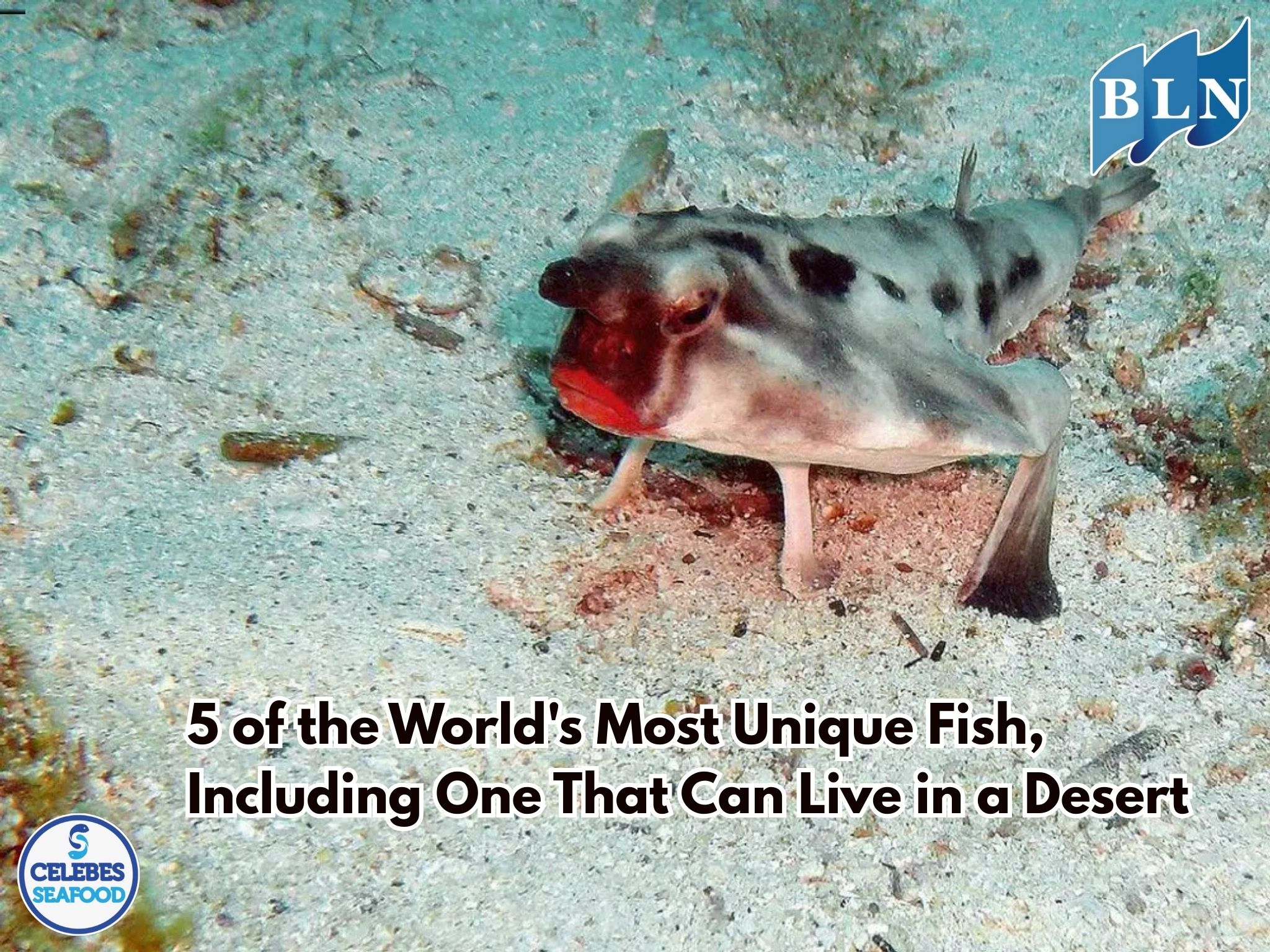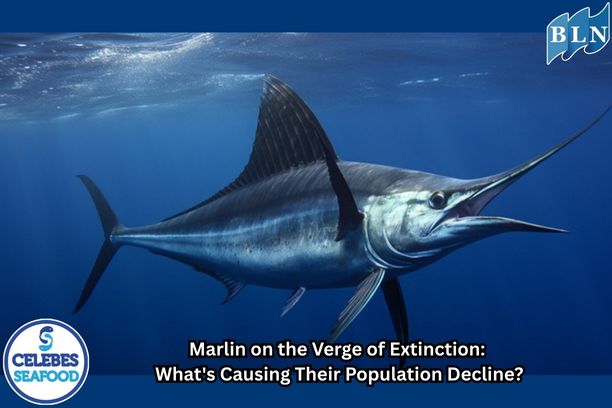The Role of the Fisheries Industry in Realizing Indonesia's Maritime Economy
By. Amma - 22 May 2025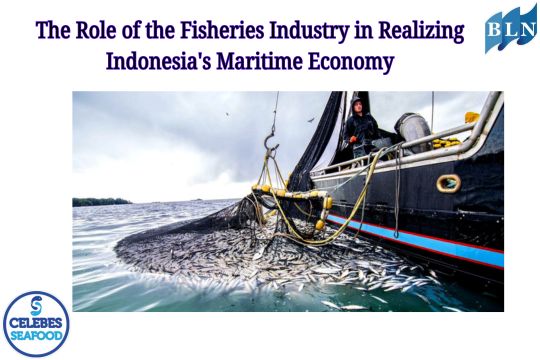
lautnusantara.com Indonesia as the largest archipelagic country in the world has enormous marine potential. One of the leading sectors in the development of the maritime economy is the fisheries industry, both capture fisheries and aquaculture.
1. Economic Contribution
- The fisheries industry contributes significantly to the GDP of the marine and fisheries sector. Exports of fisheries products such as shrimp, tuna, and seaweed are mainstay commodities that contribute to the country's foreign exchange.
2. Job Creation
- The fisheries sector provides jobs for millions of people, from fishermen, cultivators, fishery product processors, to distribution and marketing actors.
3. National Food and Nutrition Security
- Fishery products are an important source of animal protein for the community. With good management, this sector plays a role in maintaining food and nutritional security.
4. Coastal Area Development
- The fisheries industry is the main driver of the economy in coastal areas and small islands, strengthening regional-based development and reducing disparities between regions.
5. Global Competitiveness
- With its vast marine potential, Indonesia has a great opportunity to become a major player in the world fisheries market. This requires improving product quality, certification, and supply chain efficiency.
6. Pillars of the Blue Economy
- Sustainably managed fisheries are one of the important pillars in realizing a blue economy, namely economic development that maintains the ecological balance of the sea.
Challenges
- Some of the challenges still faced include:
- Overfishing and illegal fishing practices.
- Lack of port infrastructure and cold chains.
- Limited access to capital and technology for small business actors.
If you are interested in our product CORAL TROUT WGG WHOLE GILLED GUTTED, Coral Trout Fillet Skin On please do not hesitate to contact us through email and/or whatsapp.
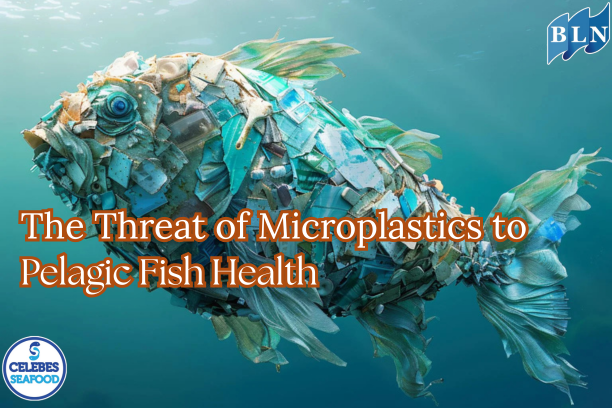

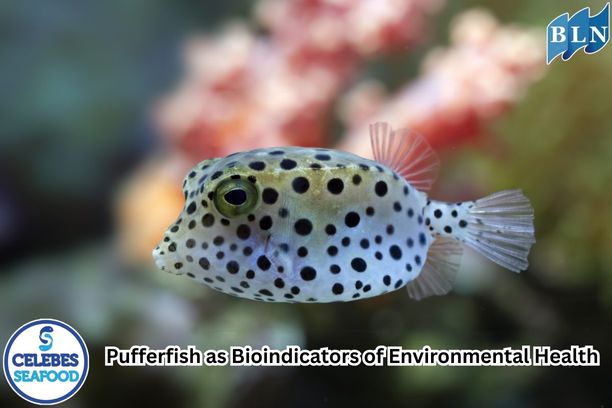
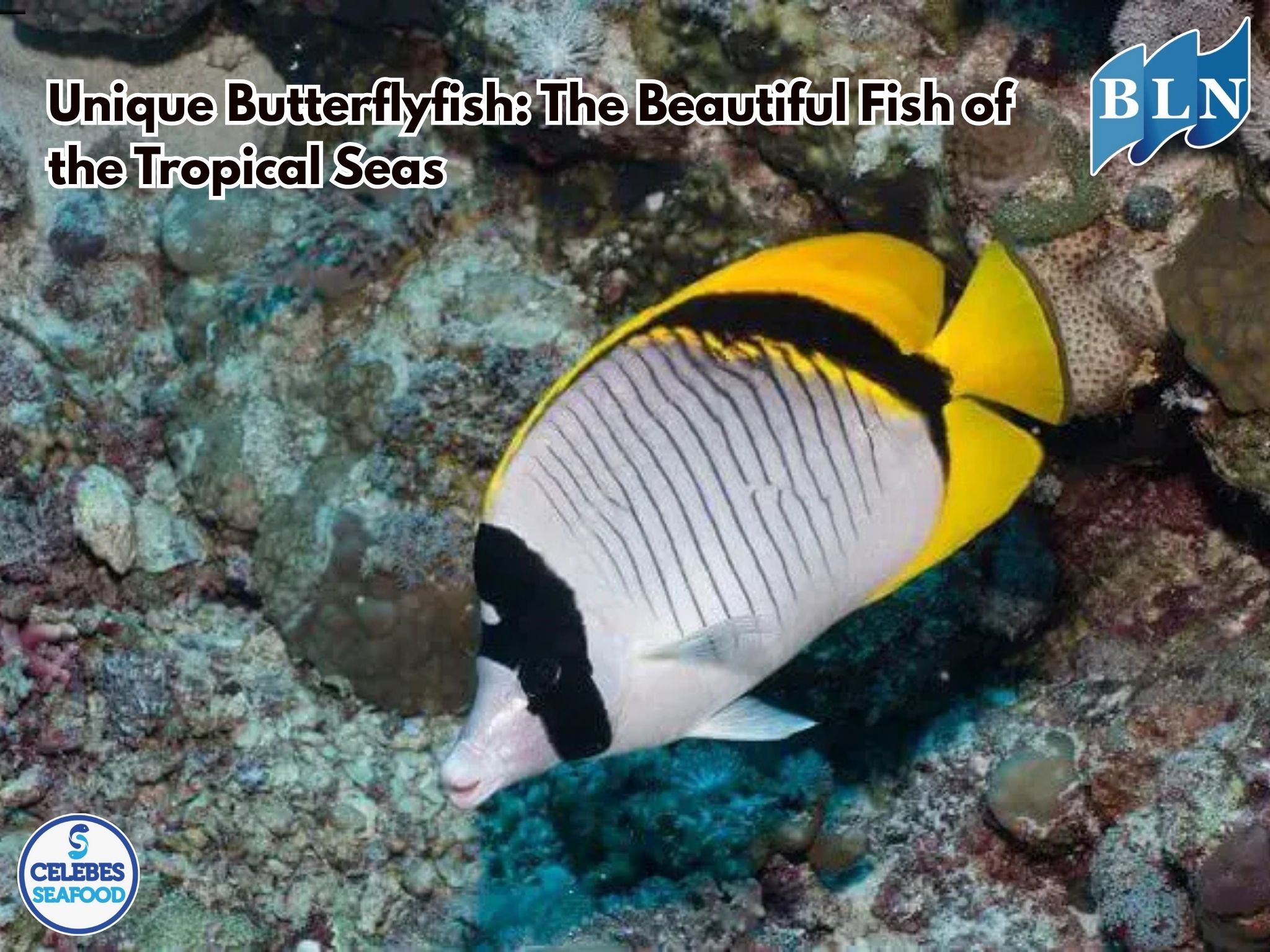
 Biology, Behavior, and Utilization.jpg)

